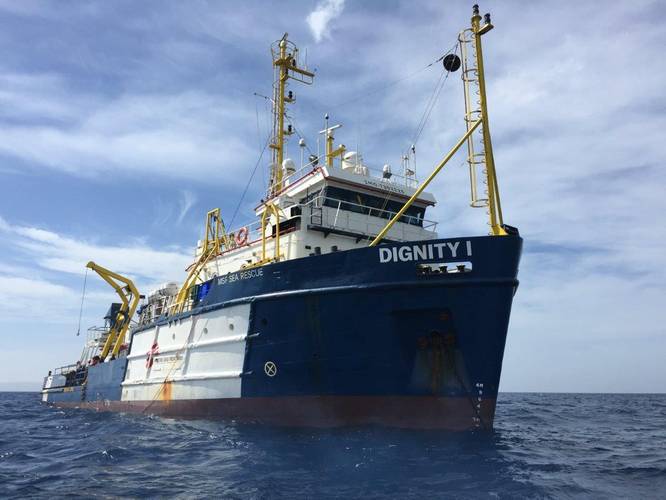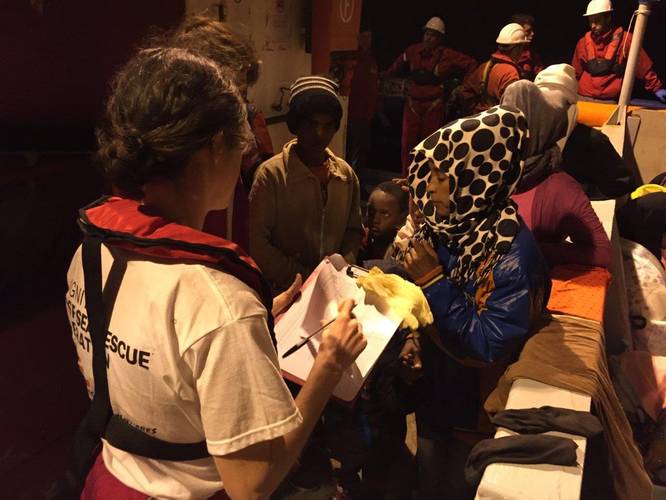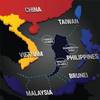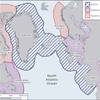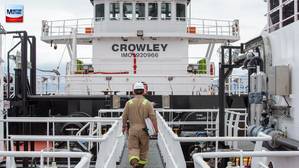The medical relief charity Medecins sans Frontieres has relaunched rescue operations in the Mediterranean Sea, accusing European governments of failing to act to save migrants in peril at sea, it said on Monday.
MSF halted its maritime rescue programme in January, saying it hoped European Union member states would take up the task of search and rescue of migrants and refugees attempting the crossing from north Africa to Europe.
But with rising numbers of people trying to navigate the "deadly stretch of water" between Libya and Italy as the weather warms, migrants were in danger of drowning, MSF said.
"The absence of a global solution to the current refugee crisis, and the European states' policies of deterrence, as well their refusal to provide alternatives to the deadly sea crossing, continue to kill thousands," said Joanne Liu, president of MSF International in a statement.
EU governments agreed on Thursday to speed the formation of a common European border and coastguard that could be in service by this summer to control migrants arriving from the Middle East and Africa.
The voyage by boat from Libya is far longer and associated with much higher death rates than between Turkey and Greece, though Libya's lack of functioning government and lawlessness make it easy for people traffickers to operate with impunity.
More than 1,200 people have died so far this year trying to reach Europe by sea, more than half of them on the central Mediterranean route, the International Organisation for Migration (IOM) told the Thomson Reuters Foundation on Monday.
Last year the IOM said 3,771 people died while trying to reach Europe by sea, making the year the deadliest on record for those seeking sanctuary from conflict and poverty.
MSF said its ship Dignity 1, with a capacity to take 400 people, was involved in its first operation on Saturday, transferring 308 people to Italy, of whom 23 were children.
The charity said most of the people on board were Eritrean.
MSF teams have the skills and equipment to provide lifesaving emergency care as well as to treat common ailments including dehydration, fuel burns, hypothermia and skin diseases, the charity said.
MSF previously halted its sea rescue operations in January, with its head of migration operations saying that search and rescue was not the charity's primary function.
It said its three ships rescued more than 20,000 people in over 120 search and rescue operations during eight months at sea in 2015.
(Reporting By Tom Esslemont, Editing by Ros Russell; Credit: Thomson Reuters Foundation)





